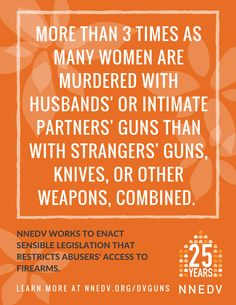Courts all across the state have begun implementing new Maryland gun laws that:
- improve firearm transfers upon conviction of a domestic violence crime; and
- make more people eligible to more quickly get Commissioner or court permission to temporarily remove guns from a person who is a threat to themselves or others.
As of October 1, 2018, domestic violence victims no longer have to rely on a judge to add gun removal to a temporary protective order or wait for a final protective order to remove lethal firearms from abusers in the most dangerous week of a victim’s life – the week she leaves. In addition, the police, all health professionals and all family members or intimate partners may file for an Extreme Risk Protective Order.
In addition, all Maryland judges are required to orally tell every abuser convicted of assault that they are disqualified from owning or buying a gun and that they must turn in all guns within 48 hours. The State’s Attorney’s Office must inform defendants in writing prior to any plea or trial that they would be disqualified from possessing or purchasing any guns upon conviction.
Court Watch is collecting data in both Montgomery County misdemeanor domestic violence dockets each week to track the new law’s implementation.
Court Watch volunteers track whether the judge in each relevant case:
- Tells the defendant they are disqualified from having any firearms;
- Asks if they have read, understood and signed the disqualification paperwork;
- States that the defendant must surrender firearms within 2 days to law enforcement or a federally licensed dealer; and
- Warns the defendant of the penalties if they fail to surrender firearms as ordered.
One additional new law will also directly improve domestic violence survivor safety, but doesn’t directly address guns. The new law makes it a crime for anyone charged with a domestic violence crime of violence to violate a condition of pretrial or post-trial release prohibiting contact, harassment, or abuse of the alleged victim or going near the victim’s abode or place of employment.